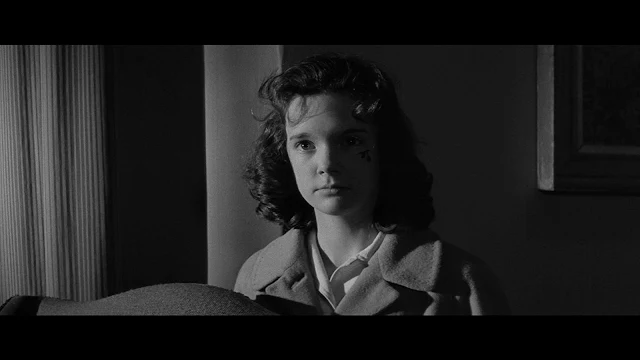The Third Secret (Charles Crichton, 1964)
Cast: Stephen Boyd, Pamela Franklin, Richard Attenborough, Diane Cilento, Jack Hawkins, Paul Rogers, Alan Webb, Rachel Kempson, Peter Sallis, Patience Collier, Freda Jackson, Judi Dench, Peter Copley. Screenplay: Robert L. Joseph. Cinematography: Douglas Slocombe. Production design: Thomas N. Morahan. Film editing: Frederick Wilson. Music: Richard Arnell.
The Third Secret is a moderately engaging whodunit probably most remembered today as Judi Dench's first movie. She plays the assistant to a gallery owner, Alfred Price-Gorham (Richard Attenborough), who becomes a suspect in the murder of a psychoanalyst, Dr. Leo Whitset (Peter Copley). Actually, Whitset's death was ruled a suicide until Alex Stedman (Stephen Boyd), an American who is a well-known commentator on British TV news, rejects the idea that Whitset, who was his analyst, could have killed himself. So Stedman starts snooping, aided by Whitset's precocious young daughter, Catherine (Pamela Franklin), who also doesn't believe her father could have committed suicide. She knows the names and addresses of Whitset's other clients, who include not only Price-Gorham but also a beautiful but neurotic young woman, Anne Tanner (Diane Cilento), and a distinguished judge, Sir Frederick Belline (Jack Hawkins). Stedman figures that each of them had a motive for killing Whitset, to keep the secrets they had confided in their analyst from becoming known. Naturally, complications ensue, and there are some mildly shocking twists before the truth -- the titular "third secret" -- comes out. Dench's few brief moments on film hardly make it worth seeking out, but it has the familiar comfortable quality of British mysteries and some nice black-and-white Cinemascope camera direction by Douglas Slocombe.



















